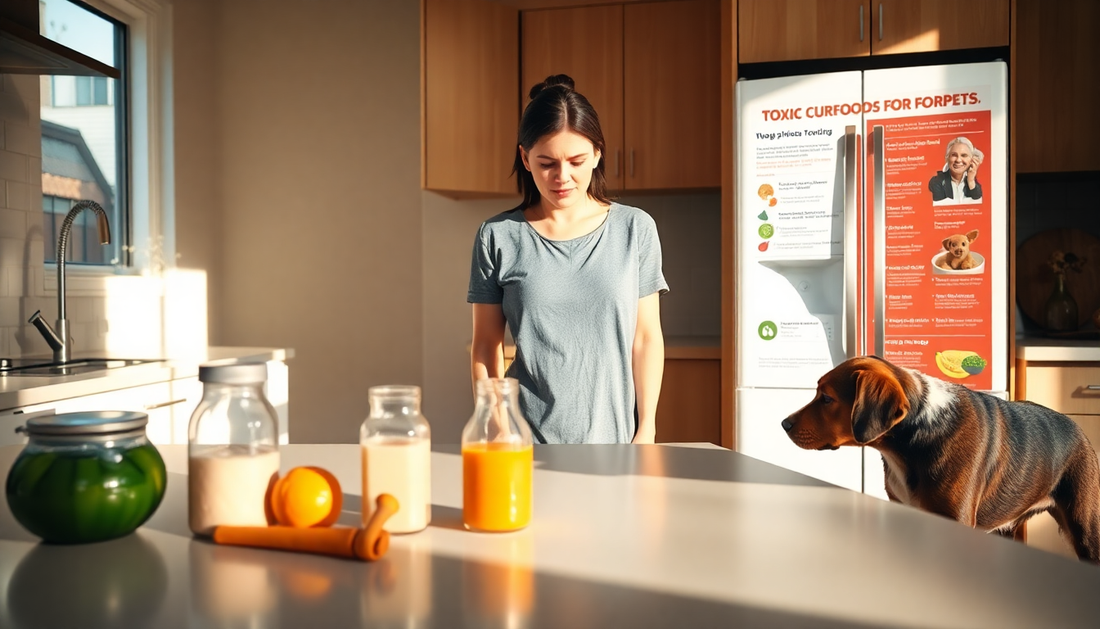
5 Toxic Foods Your Pet Should Never Eat
Share
As pet owners, we all want to provide the best care for our furry friends. But did you know that some of the foods we enjoy can be downright dangerous for our pets? At Spot Pet Supply, we're passionate about keeping our four-legged companions safe and healthy, so we're here to shed some light on the top toxic foods to avoid.
Chocolate
It's a classic Valentine's Day treat, but chocolate can be toxic to both dogs and cats. The compound theobromine found in chocolate can cause vomiting, diarrhea, increased heart rate, seizures, and even death in pets. The darker the chocolate, the more dangerous it is, so keep those gourmet truffles far out of paw's reach.
Onions and Garlic
These flavorful ingredients may be staples in your kitchen, but they can wreak havoc on your pet's red blood cells, leading to anemia. Whether raw, cooked, or powdered, onions and garlic are a big no-no for our canine and feline companions.
Grapes and Raisins
While the exact toxic compound is still unknown, grapes and raisins have been linked to kidney failure in dogs. Even a small amount can be dangerous, so it's best to keep these tasty treats in the human-only zone.
Xylitol
This sugar substitute, often found in sugar-free gum and candies, can cause a dangerous drop in blood sugar and liver damage in dogs. If you have a pup with a sweet tooth, be sure to keep xylitol-containing products securely stashed.
Alcohol
It may be tempting to share that craft beer or fancy cocktail with your pet, but alcohol can be extremely toxic to animals. It can cause vomiting, diarrhea, coordination problems, breathing issues, and even coma. Stick to water, broth, or pet-safe treats when it's time for a celebration.
The team at Spot Pet Supply is committed to helping pet owners navigate the ins and outs of responsible pet care. By being aware of these common toxic foods, you can keep your furry friend happy, healthy, and safe. And remember, if you ever suspect your pet has ingested something dangerous, don't hesitate to contact your veterinarian right away.
Happy (and safe) snacking!
